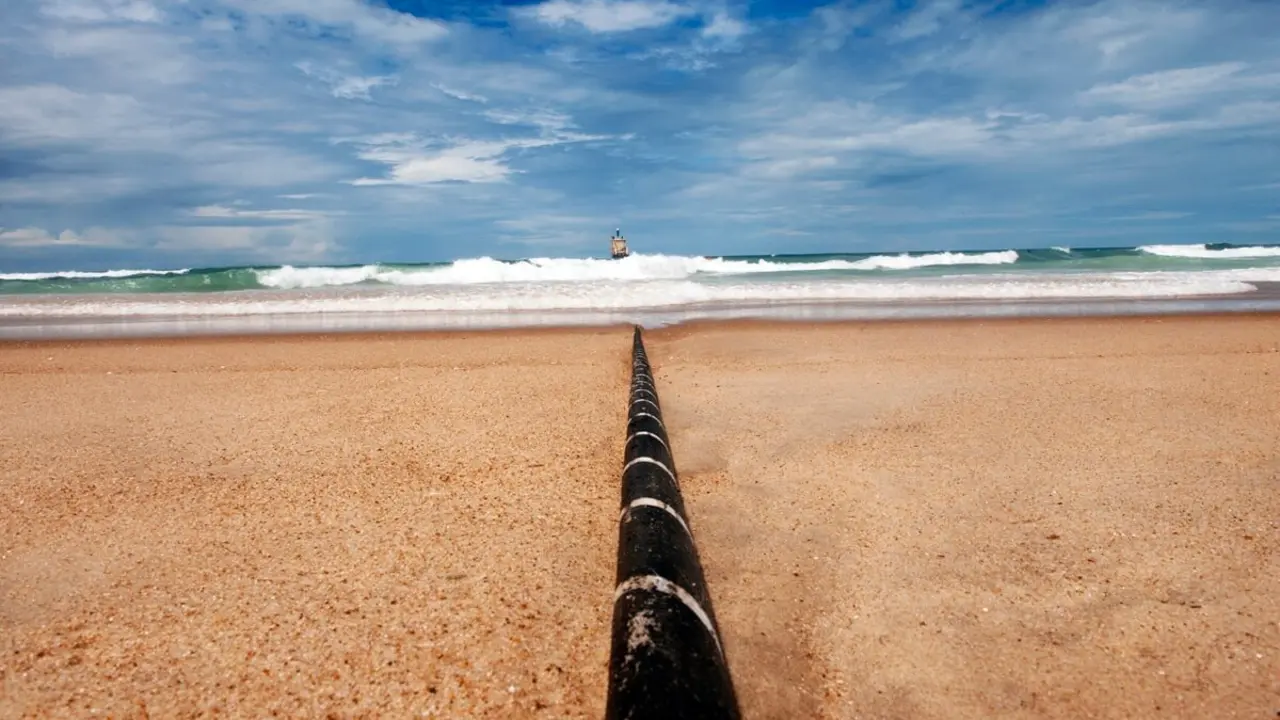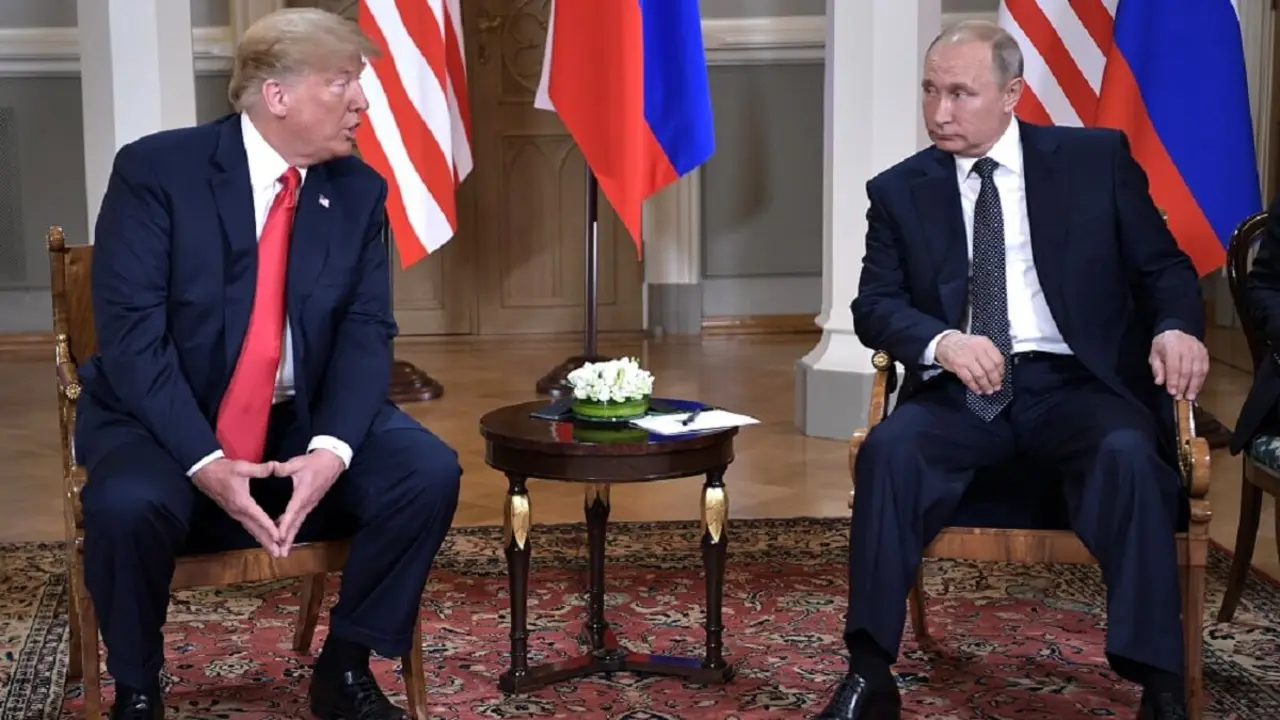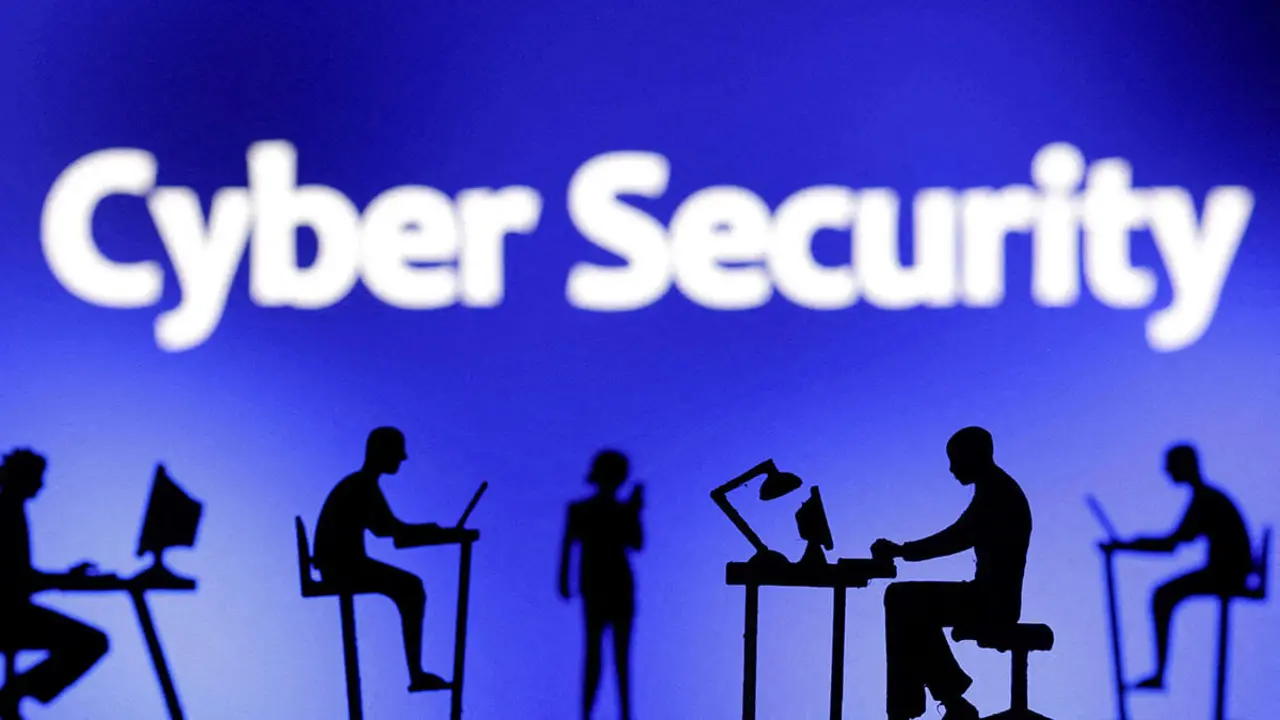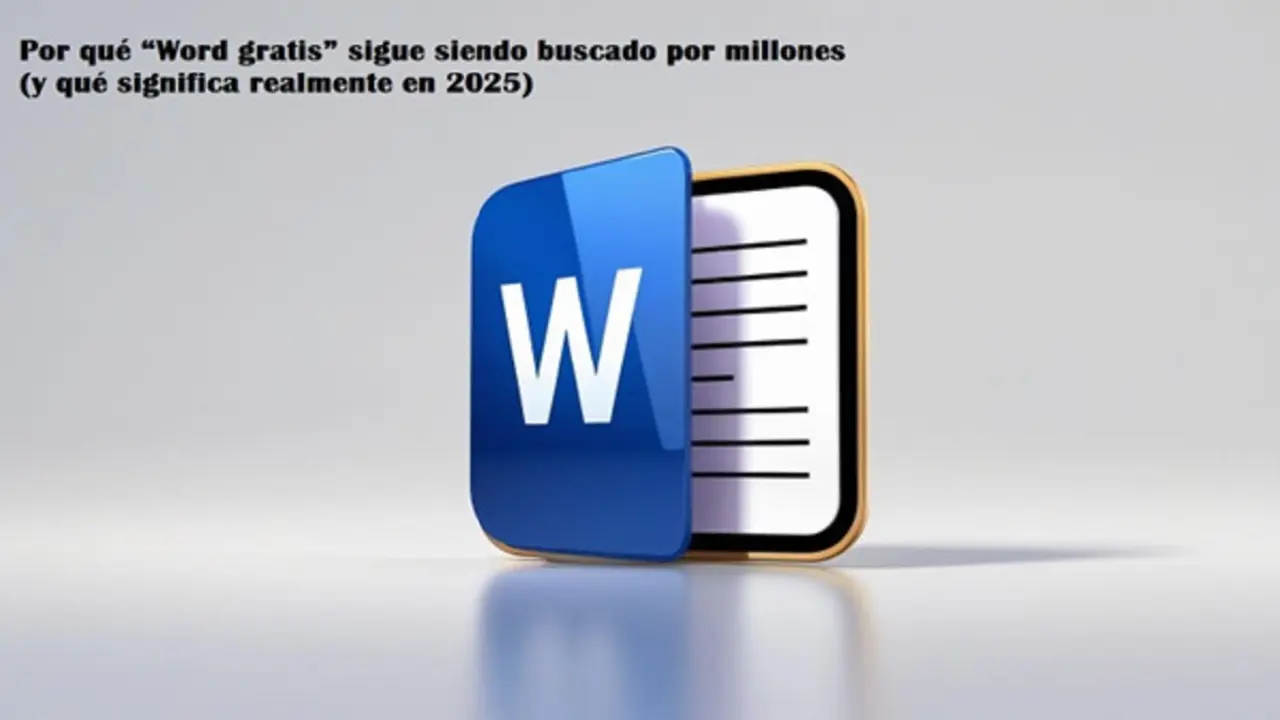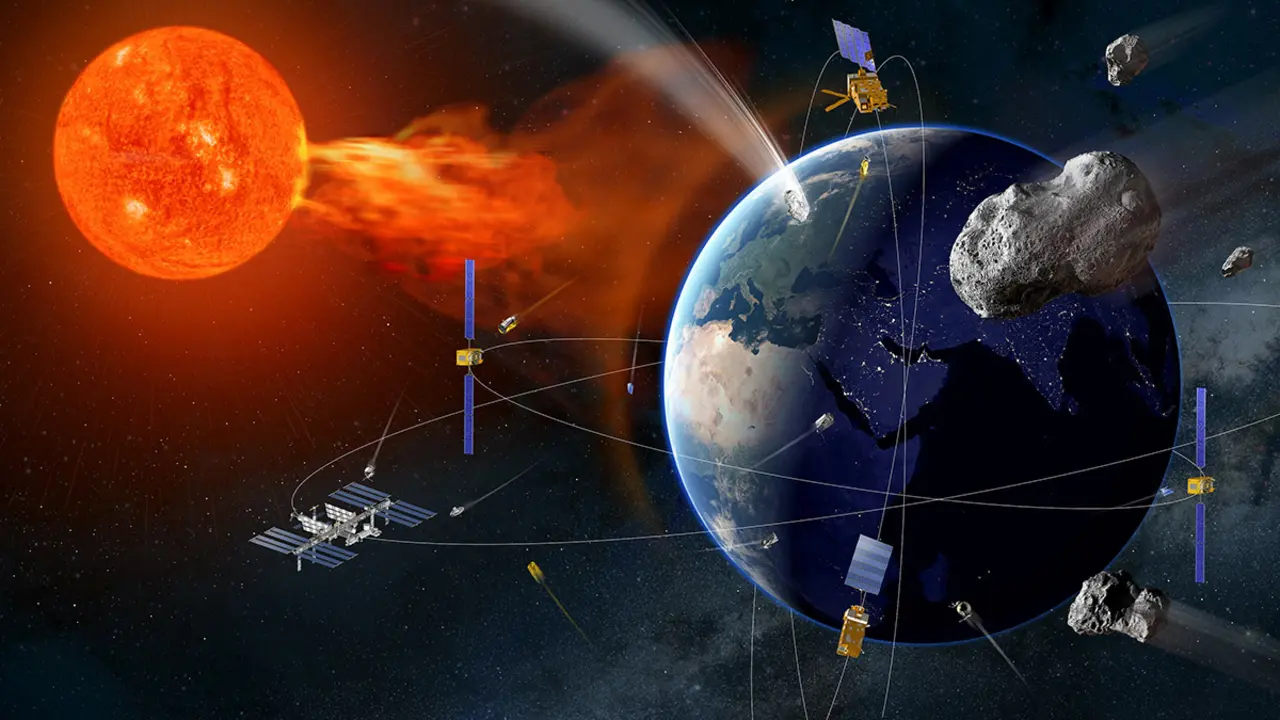Putin signs a law forcing tech giants to open offices in Russia

Russian President Vladimir Putin has signed into law a bill that will force foreign tech giants such as Facebook, Twitter and Google to open representative offices in the country if they do not want to face sanctions or blockades.
The law is part of Russia's broader policy of punishing US internet giants with fines and other restrictions for failing to delete content banned by Russian law or for blocking Russian media content.
The regulation targets technology companies with a daily audience or number of users above 500,000 in Russia and requires them to set up subsidiaries, full representative offices or Russian legal entities in the country.
The heads of these offices must be able to fully represent the interests of their parent companies, so they will have to take responsibility if they violate Russian laws and be the main channel of interaction with Russian regulators.

They also have to open a personal account on the website of Roskomnadzor, the Russian communications regulator, among other requirements.
If large tech companies choose to ignore the requirements, then they face a range of punitive measures. The most severe sanctions are a partial or total blocking of their activities.
The law also foresees the possibility for Russian authorities to block internet search results or limit payments from Russian users.
It also introduces a ban on the distribution of Russian advertisements about the sanctioned company and the company itself in Russia.
The preliminary list of companies that will have to open subsidiaries or representative offices in Russia includes 20 platforms.

It concerns social networks (Facebook, Instagram, TikTok and Twitter), video services such as YouTube and Twitch.tv, instant messaging apps (WhatsApp, Telegram, Viber), email services (Gmail), search engines (Google, Bing), hosting providers (Amazon, Digital Ocean, Cloudflare, GoDaddy) and online shops (Aliexpress, Ikea and Iherb) and Wikipedia.
The list can be adapted and sanctions will be applied in phases and only after repeated warnings.
In March, the Russian regulator decided to slow down the publication of photos and videos on the social network Twitter for "systematic non-compliance" with Russian law, a measure that has only been partially lifted after the company began to remove banned content.
The banned content to be removed includes incitement of minors to suicide, child pornography, drug use or calls to participate in unauthorised protests, such as those in support of Russian opposition leader Alexei Navalny, who is currently in prison in a long-standing criminal case after surviving a poisoning in August last year.

